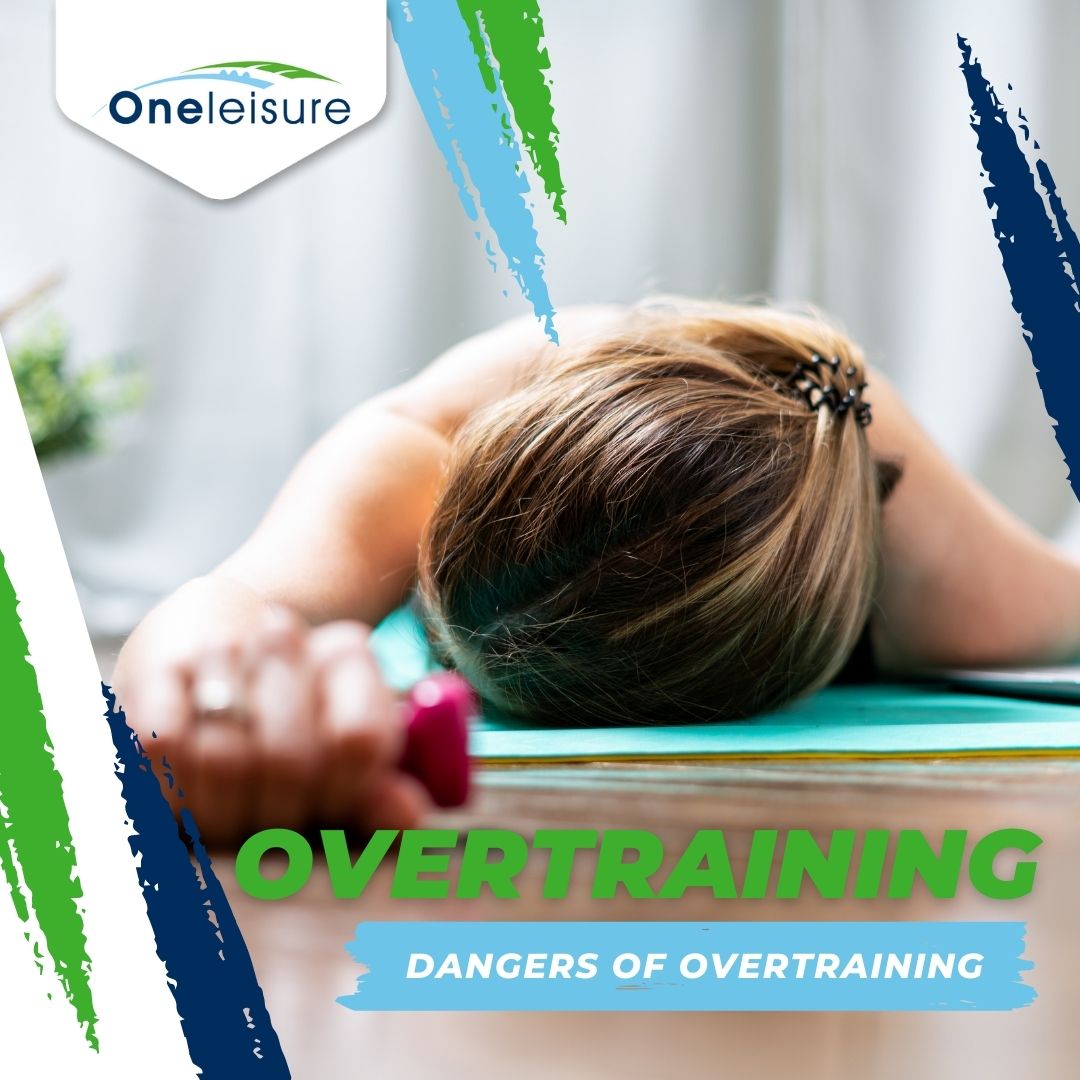
|
The dangers of overtraining
Whilst regular exercise is encouraged for all its many health benefits, it is important to be aware that training too hard or for too long can have a negative impact on your body. This is what is known as overtraining. So how do we know if we are overtraining and what are the dangers associated with it?
Below are some of the most common signs to look out for. They can also be related to many other things, so need to be considered holistically in order to recognize whether they are in fact a possible result of overtraining.
What can we do to help prevent overtraining?
Pushing your body to the point where it is not able to recover well enough between exercise sessions can be detrimental to your physical and mental health. Ensuring you get enough rest can go a long way towards enhancing muscle gains, improving your overall performance and ultimately helping you reach your fitness goals. Listen to your body. |
|
Disclaimer: The content of this page is not intended to be a substitute for professional medical advice, diagnosis or treatment. Always seek the advice of your physician with any questions you may have regarding a medical condition. References available on request. |